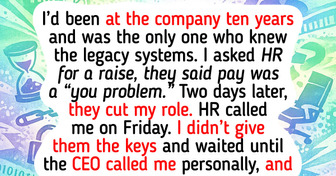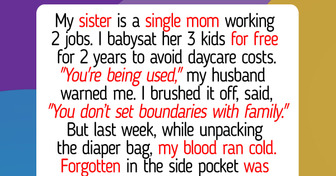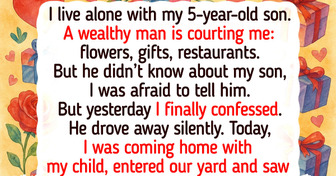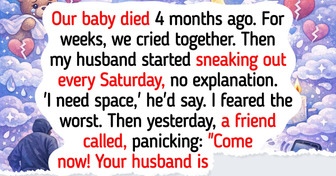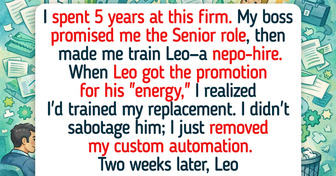20 People Who Prove Cleaning Is the Best Therapy You Can Get

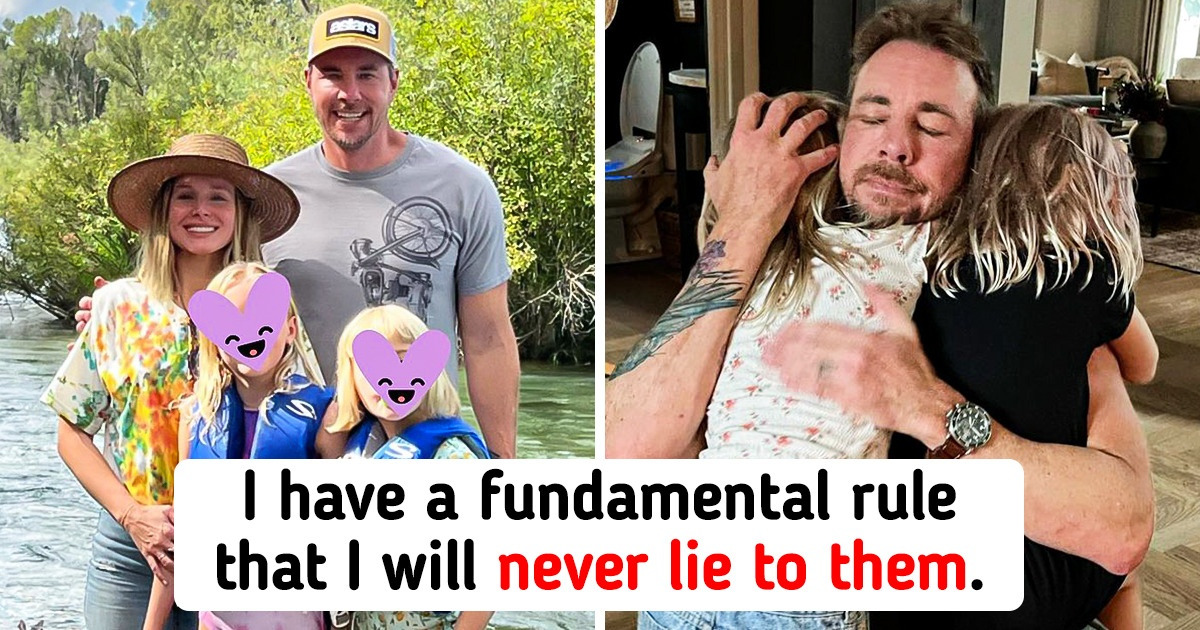
As parents, it’s impossible to know exactly how to handle every single situation. We are doing our best, and every day there is new research on how to help your kid have good mental health. Sometimes telling your kid a little white lie can be the easiest way to prevent a tantrum. But there are some lies that can have a negative impact on their development.
Here at Bright Side, we wanted to tell you about the most common lies parents tell their children and the effects those can have. We also added a nice bonus at the end of the article, so you can learn some celebrities’ stances on the topic.
Whether we like to admit it or not, most parents lie to their kids, and that’s not always a bad thing. It is up to every parent to decide whether a situation calls for a little lie to prevent further meltdowns. According to research, the reasons why a parent decides to lie may vary, and these are some of the most common ones:
According to a study conducted with young adults from Singapore, lies can have a negative impact in a child’s development and relationships. There is something called “parenting by lying,” which entails lying to little kids to control their behavior and emotional state.
This doesn’t mean that if you tell your kids Santa exists they won’t trust you in the future, or if you tell them that babies are born through a seed, they won’t love you anymore. An important characteristic of parenting by lying is that lies are constant, and they’re used in order to control the kid.
If a kid experiences constant lying, they won’t be able to differentiate when their parents are telling the truth, which is what may cause distrust and a damaged relationship. According to research, adults that are exposed to constant lies are more likely to lie to their parents and experience psychosocial adjustment problems in adulthood.
Aggressive behavior problems and antisocial personalities are some of the effects constant lying can cause in your kid as they grow up. Parents must use their better judgment to know when it’s okay to tell a little lie and when it’s not okay. This can be hard since there’s no set of rules that can fit every parent or every kid in the world, but we’re going to give you some tips that might help you.
Don’t worry! There is no correlation between discovering Santa isn’t real and having a bad relationship with your parents. And according to research, most American parents promote the idea that Santa is real, so you’re definitely not alone in that aspect.
Nevertheless, some experts advise telling the truth when kids start questioning the existence of Santa or other fictional characters. Let kids follow their intuition, they will thank you later.
On the Internet, we found some opinions from parents about the whole Santa situation, and we wanted to share a couple with you.
Every parent is different, and that’s okay, and for Kristen Bell and Dax Shepard, lying to their kids about certain things is a resounding no-no. Bell said in an interview that when one of her daughters started raising questions about Santa, she didn’t want to stop her instinct of asking questions. Instead, she chose to reward her critical thinking by telling her the truth.
The actress also pointed out that every parent should be able to choose — this is only what worked for her and her family. As for other subjects, like sex, the actress says she is 100% honest with her daughters.
Meanwhile, Shepard says he has a rule for himself that sometimes is hard to follow: “I have a fundamental rule that I will never lie to them.”
Do you think telling a kid Santa Claus is real can be considered lying? How did you feel when you found out that Santa wasn’t a real person? Tell us in the comments what your thoughts are on this subject — we’d love to know.


